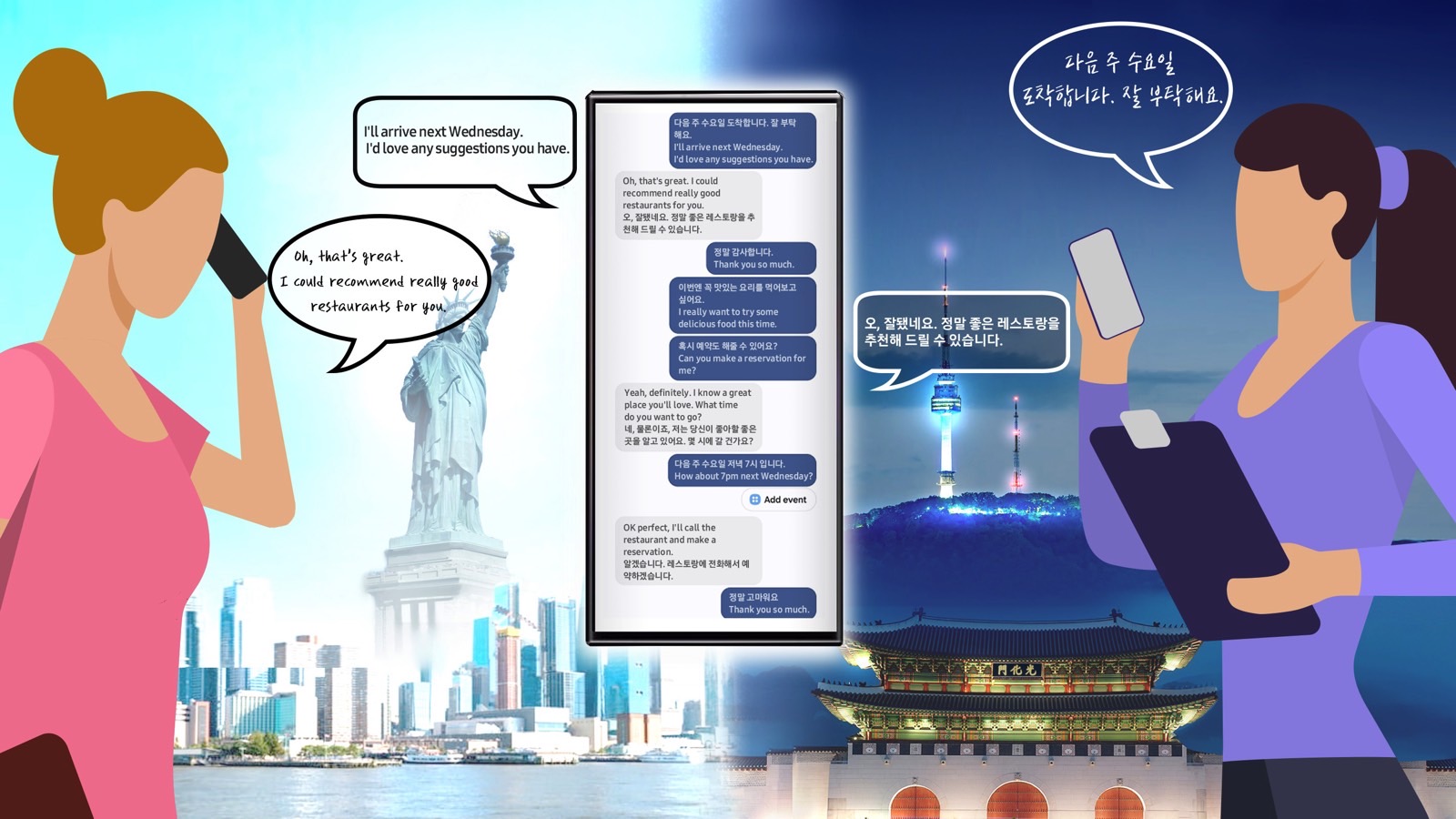I recently told you how good mid-range phones will be this year, like the unreleased Pixel 8a and iPhone SE 4. Smartphone tech has evolved so much that many people can get flagship features without coughing up big bucks for a flagship smartphone. At the same time, I said more than once that I’m personally ready to upgrade to the more expensive iPhone 16 Pro this year to get my hands on Apple’s best generative AI features coming via iOS 18.
I don’t necessarily want Apple’s exclusive AI features from the iPhone 16 as much as I want on-device AI. Artificial intelligence will play a major role in our lives moving forward, and I’m looking forward to personalized AI experiences as well as an AI assistant that can run locally instead of in the cloud. That’s the only way to trust AI with my private data.
A new report indicates that’s exactly what Apple is aiming for with the A18 Pro chip that will power the iPhone 16 Pro and 16 Pro Max. The focus for the new custom silicon is on-device AI, and it’s in line with previous leaks surrounding Apple’s plans for the iPhone 16 chips.
The new detail about the A18 Pro chip comes from Haitong International Tech Research analyst Jeff Pu. He penned a note to investors seen by 9to5Mac that mentions Apple’s planned changes for the A18 Pro chip to address on-device AI:
According to our supply chain checks, we are seeing growing demand for Apple’s A18, while its A17 Pro volume has stabilized since Feb. We note Apple’s A18 Pro, the 6-GPU version, will feature a larger die area (compared to A17 Pro), which could be a trend for edge AI computing.
Edge AI refers to on-device AI features. A report last month said the A18 chips will feature Neural Engines with a significant increase in computing cores. This should help Apple speed up on-device AI compared to previous generations.
Separately, reports say that Apple has big plans for on-device AI. Moreover, some of the AI research papers Apple has published recently indicate that Apple is looking to optimize AI for that runs locally on a mobile device.
Not all genAI features can happen on-device. That’s why Apple is reportedly partnering with a strong player in the industry. It might be Google and/or OpenAI in some countries, which will bring Gemini and/or ChatGPT support to the iPhone. In China, Apple is reportedly holding talks with Baidu.

Comparatively, the Galaxy AI suite of genAI features built into the Galaxy S24 phones has limited on-device capabilities, but some of them are significant. Examples include the translation features for messages and calls. The phone can also suggest edits to your photos without sending any data to the cloud for analysis.
It’s unclear which AI features Apple aims to offer without needing any cloud processing.
Future innovations will likely enable more on-device AI features in the coming years. Since a chip like the iPhone 16 Pro’s A18 Pro is powerful enough to be somewhat future-proof, I plan to upgrade to a more expensive iPhone this year so that it can support Apple’s new AI features that roll out over the next few years.
Ultimately, I want personal AI assistant experiences on iPhone and Mac. Data security and privacy are top priorities for me, and on-device AI will help with that.
Finally, I’ll add that cloud-based AI is expensive. Google might be dying to get Gemini on the iPhone, but it’ll have to accept eating some of the costs involved with processing all that data in the cloud. The alternative is Apple having to charge for some of the genAI features in iOS 18. After all, Galaxy AI will only be free for a couple of years, according to Samsung’s initial announcements.
On-device AI will cut those costs while simultaneously improving privacy and security.
There’s a lot of speculation here, and analysts like Jeff Pu aren’t always right. But even without his predictions, I’d still expect Apple to focus on AI with its next-gen chips. Intel and Qualcomm are doing the same thing with their new smartphone chips. The latter recently unveiled the Snapdragon 8s Gen 3 chip, a powerful new processor that supports on-device AI on Android devices.
Unfortunately, we’ll have to wait until September to learn what the A18 and A18 Pro can do. At WWDC 2024, Apple will unveil some of the new genAI features that will come to all iPhones in iOS 18. But as it always does, the company will hold back some of its best new features for later this year when it unveils the new iPhone 16 lineup.








